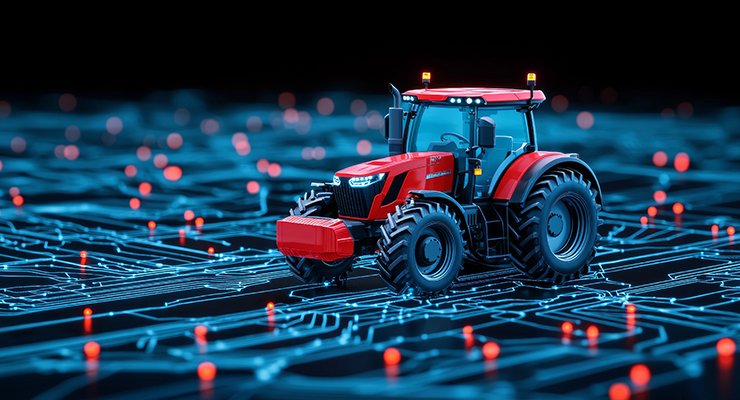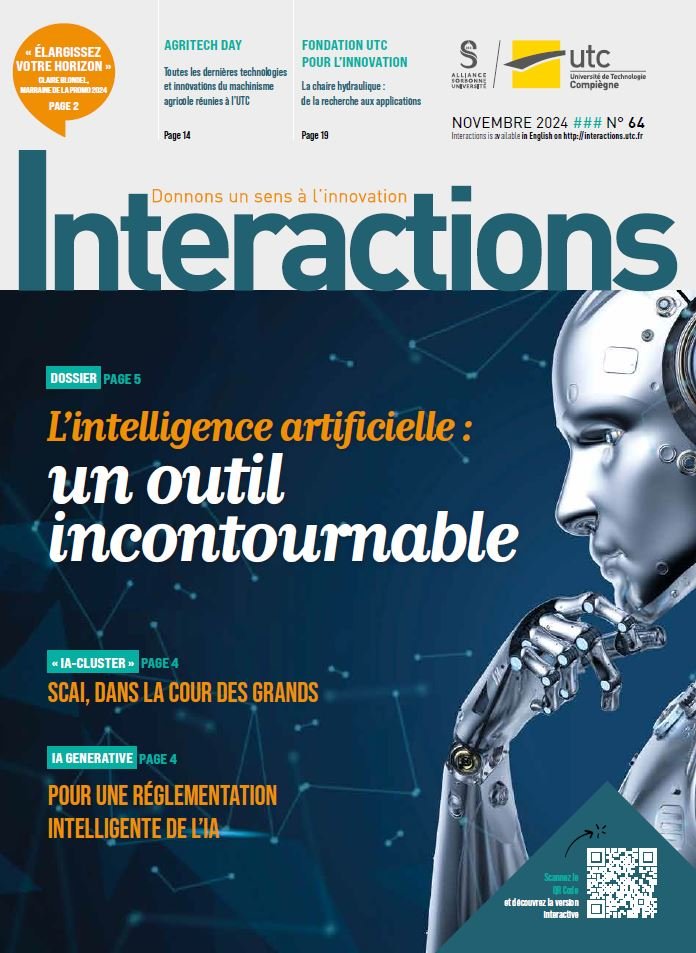3 questions for Mosè Tosin, Global purchasing manager, AGCO, beauvais, france

What will farm machinery look like in 2045?
Following a research project involving interviews with several profiles in the agricultural sector, I can assert that it will be more than ever a question of energy transition and machine autonomy. In the research we presented, complete autonomy is not a priority requested by users, but a possible future: farmers want machines that remain controllable. They prefer agile, modular tools, rather than large tractors that are complex to operate and maintain. The future of agriculture is focused more on precision farming and agronomy, as well as cost management and access to skills. Attracting skilled workers is becoming increasingly difficult in this sector. Consequently, we must not forget the notions of safety and comfort in the workplace. Automation will never completely replace the human workforce, because of the costs involved and the flexibility it offers when demand peaks. Moreover, niche systems such as vertical farms and hydroponics are emerging.
Has artificial intelligence entered the agricultural sector?
Digitization will be increasingly present tomorrow. Big data and artificial intelligence are already part of precision agriculture. This introduces new methods of agricultural production and improves decision-making thanks to all the information gathered from data. In the interviews conducted for our work, it emerged that AI has great potential in this sector for some but represents a potential threat at the same time for other farmers who wonder whether they’ll have to be content with following AI recommendations without knowing what’s behind them, not to mention the possible prejudices that all this implies. Some also highlighted the potential of blockchain processes for traceability, also enabling more processes to be integrated to avoid commoditization. Another topic repeatedly raised was the pooling of talent and machinery, to gain in efficiency and encourage investment: some predict a preference for more specialized machinery, rather than multi-purpose tractors.
Precisely what does the future hold for the tractor and agricultural machinery in general?
Unfortunately, the public still sees agriculture as a polluting sector, yet new techniques in agronomy, products and certification are very often perceived as intrinsically good. Currently there is, unfortunately, a poor public perception of this sector and our aim must be to change it. For most of the persons interviewed, this meant taking responsibility for sustainability, with farm machinery that is also sustainable, modular and easy to use and that needs to be upgraded. The farm machinery of the future will have to be integrated into a more global system than that of the farm and take into account new developments in agronomy !
KD




